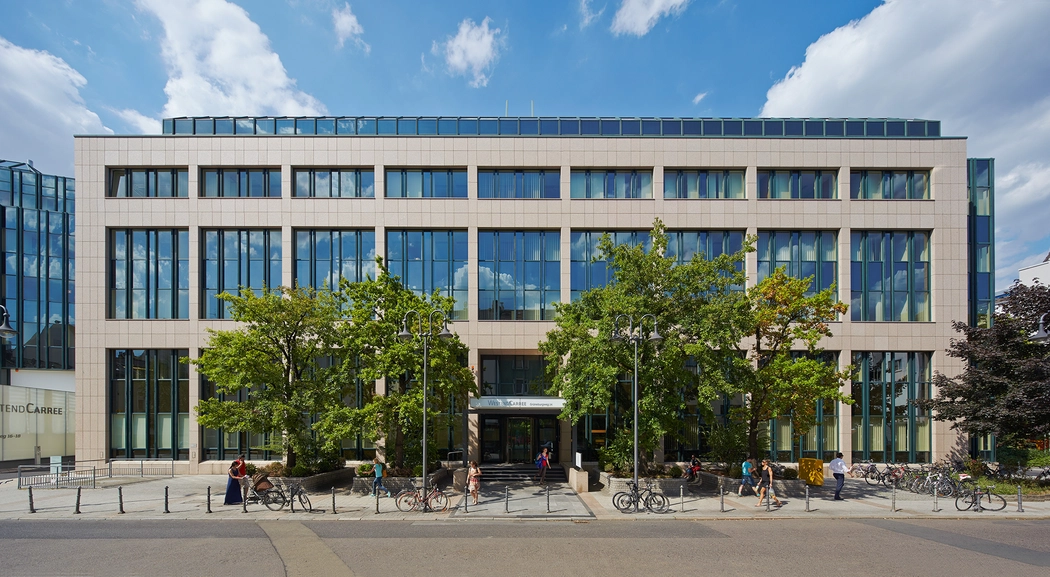Are There Different Types of Beauty?
DOI:
https://doi.org/10.21036/LTPUB10777Researcher
Professor Winfried Menninghaus is Director of the Department of Language and Literature at the Max Planck Institute for Empirical Aesthetics. Having previously directed the interdisciplinary research cluster Languages of Emotions at the Free University of Berlin, Menninghaus’s research interests include philosophical, empirical and evolutionary aesthetics and classical rhetoric and poetics. A member of the Berlin-Brandenburg Academy of Sciences since 2002, Menninghaus’s monograph Aesthetics After Darwin: The Multiple Origins and Functions of the Arts was published in 2019.

Original Publication
Beauty, Elegance, Grace, and Sexiness Compared
Winfried Menninghaus,
Valentin Wagner,
Vanessa Kegel,
Christine A. Knoop,
Wolff Schlotz
Published in
Das Versprechen der Schönheit
Winfried Menninghaus
Published in
Aesthetic Appreciation of Poetry Correlates with Ease of Processing in Event-related Potentials
Christian Obermeier,
Sonja A. Kotz,
Sarah Jessen,
Tim Raettig,
Martin von Koppenfels,
Published in
The Emotional Power of Poetry: Neural Circuitry, Psychophysiology and Compositional Principles
Eugen Wassiliwizky,
Stefan Koelsch,
Valentin Wagner,
Thomas Jacobsen,
Winfried Menninghaus
Published in
Mapping the Aesthetic Space of Literature “From Below”
Christine A. Knoop,
Valentin Wagner,
Thomas Jacobsen,
Winfried Menninghaus
Published in
Citation
Winfried Menninghaus,
Latest Thinking,
Are There Different Types of Beauty?,
https://doi.org/10.21036/LTPUB10777,
Credits:
© Winfried Menninghaus
and Latest Thinking
This work is licensed under CC-BY 4.0
